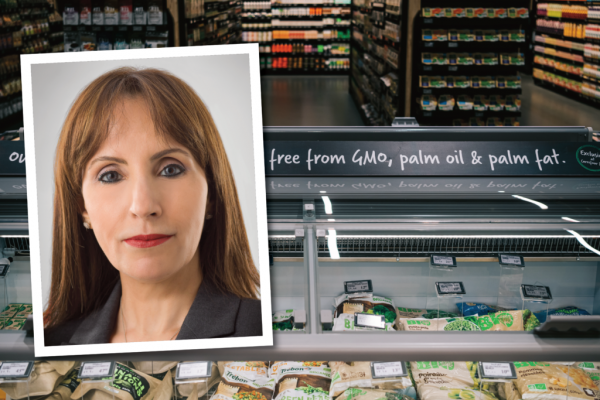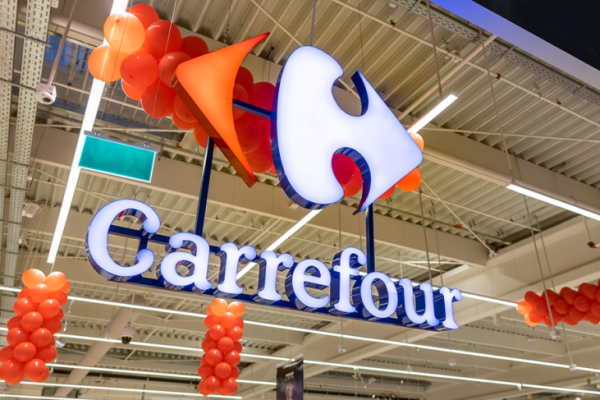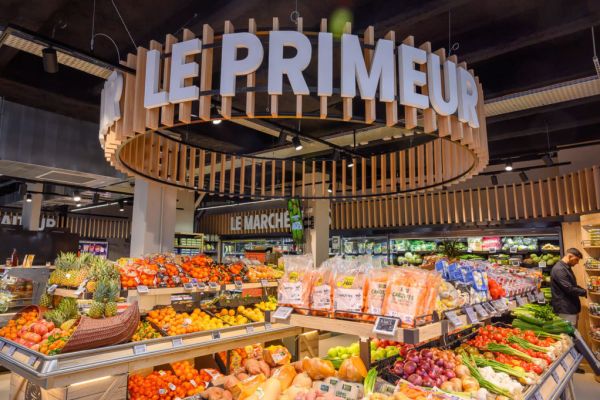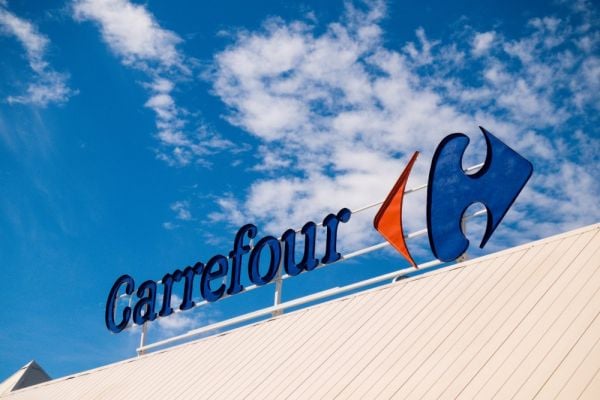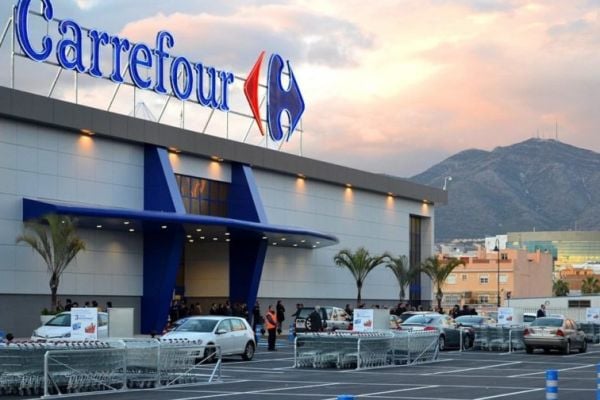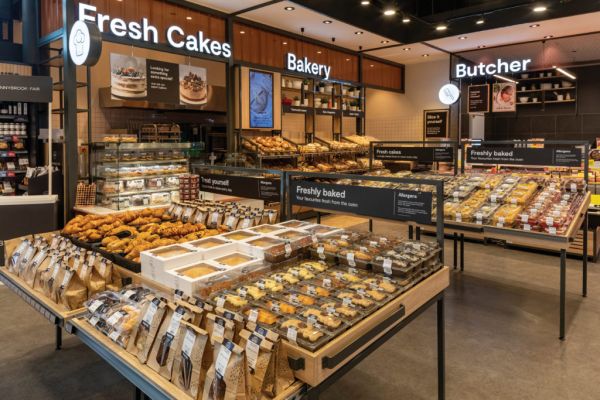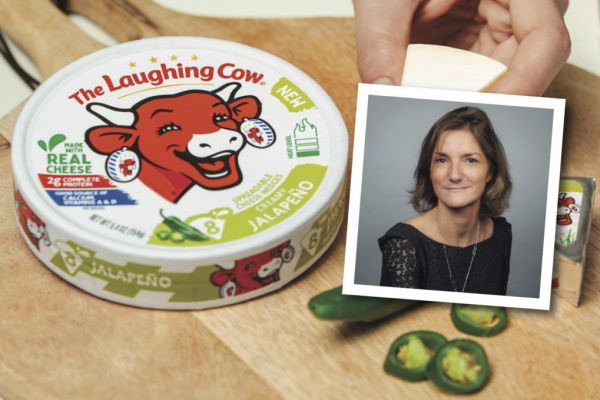In the most recent edition of ESM, we caught up with sustainability leaders across European retail, as part of our 'Sustainability 2024' report, including Samar Elmnhrawy, SVP, Human Capital & Sustainability, Majid Al Futtaim – Retail.
ESM: We’re more than a year into a cost-of-living crisis that has hit consumers hard. To what degree have these financial difficulties influenced consumer perceptions about sustainability?
Samar Elmnhrawy: Amidst the ongoing cost-of-living situation, customer perceptions about sustainability have indeed evolved. People’s priorities have shifted towards issues with immediate and personal impacts, such as access to healthcare, unemployment, job security, poverty and hunger. It’s important to note that this shift doesn’t necessarily imply a complete abandonment of sustainability concerns.
While customers may be focusing more on issues that directly affect their well-being, it’s not that they are no longer interested in sustainability. Rather, they are facing difficult choices when it comes to purchasing products and services.
Companies like Carrefour [for which Majid Al Futtaim – Retail is the exclusive franchisee in more than 30 countries across the Middle East, Africa and Asia] recognise the pivotal role they play in making sustainability accessible to customers.
To be effective, sustainability needs to permeate all aspects of a business’s decision-making and operating structure. How has that been implemented at your business?
Sustainability is a fundamental part of our business ethos. This commitment is evident in how we’ve integrated sustainability into various aspects of our decision-making and operating structure.
Earlier this year, we established our 2030 sustainability road map, complete with science-based targets for carbon emissions and water consumption. Additionally, we outlined specific objectives for advancing our circular-economy initiatives, greening our offices and stores, promoting healthier lives, and fostering diversity and inclusion.
One significant avenue through which we’ve embedded sustainability into our business is through our Responsible Procurement Policy. We have set minimum sustainability requirements for our priority suppliers, ensuring that environmental and socio-economic factors are considered. These requirements encompass a range of aspects, from tracking [our] energy, water, and waste footprint to addressing human rights, employment conditions, health and safety, and anti-corruption measures.
By 2025, we are holding our top 100 suppliers accountable to adhere to these minimum sustainability standards.
We have also proactively addressed animal welfare through our dedicated policy, with a specific focus on cage-free eggs. By setting clear goals and signalling our intentions to local suppliers, we are driving improvements in egg-farming practices, with the aim of reaching higher standards by 2030.
To what degree have you sought to foster collaboration with other businesses, groups, or industry bodies in furthering your sustainability goals?
We are deeply committed to fostering collaboration with other businesses, groups, and industry bodies to advance our sustainability goals. One prime example of our collaborative approach is our Supplier Sustainability Forum. This forum is a groundbreaking initiative that brings together 14 major FMCG suppliers, uniting us in a shared vision of a retail industry where commercial growth aligns with social and environmental well-being.
By setting Collaborative Impact Goals, members are actively engaged in impactful initiatives across various areas, including climate action, circular economies, product quality, and community well-being. These initiatives are not just talking points, but translate into concrete actions that drive sustainability across the industry.
Younger consumers – particularly Gen Z – are sceptical about the sustainability claims being made by big businesses. How can businesses better communicate to this demographic?
To effectively communicate with younger customers, particularly Generation Z, and address their scepticism about sustainability claims, businesses must demonstrate their commitment to positive change through tangible actions.
For instance, we’ve taken concrete steps to create meaningful change, and one remarkable example of this is our Carrefour BIO store, with a hydroponic farm and refilling station, in the UAE. This pioneering store offers a range of features designed to help customers make healthier and more sustainable choices. The indoor hydroponic farm within the store allows customers to pick and purchase freshly grown leafy greens, like kale and dill, on site.
Our commitment to sustainability extends to packaging, with a strong focus on recyclable paper bags and biodegradable packaging. We’ve taken a proactive step in reducing plastic consumption by offering refilling stations for water and detergents, aligning with our mission to eliminate single-use plastic from our operations by 2025.
We’re now just over a year away from the mid-part of the decade. In what areas do you think we will see a ramping up of sustainability efforts over the next year?
As we approach the mid-part of the decade, retailers are required to intensify their sustainability efforts in several key areas. First and foremost, we can expect a significant reduction of single-use plastics and a transition toward more sustainable packaging solutions. Retailers will increasingly invest in eco-friendly material and designs that minimise waste and promote recycling.
Additionally, there will be a growing emphasis on carbon neutrality, with retailers committing to ambitious emission reduction targets and adopting cleaner energy sources to address the urgent issue of climate change.
The transparency of supply chains and ethical sourcing will remain a focal point, as customers demand more information about the origins of products, promoting fair labour practices and sustainable resource management.
